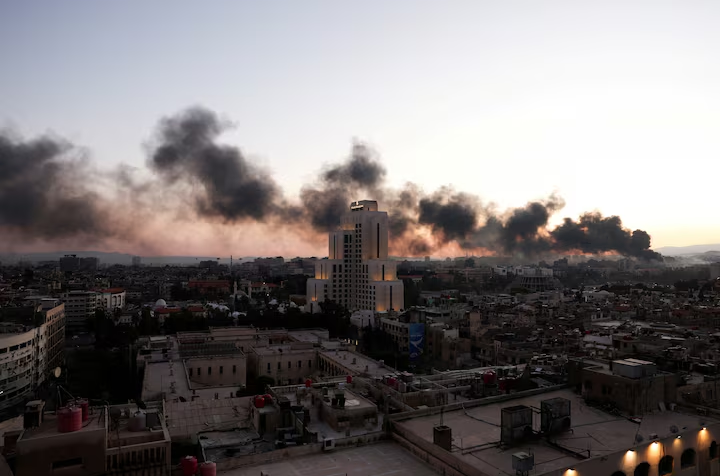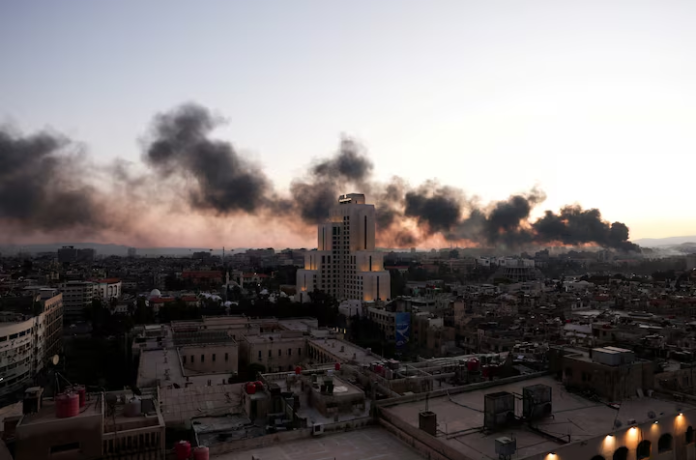In a significant move, Syria has issued a formal response to a list of U.S. conditions tied to the possible easing of sanctions. A letter obtained by Reuters reveals that Damascus claims to have taken steps to meet most of Washington’s demands but emphasizes that some issues would require mutual agreements.
The U.S. had presented Syria with eight conditions, including the destruction of any remaining chemical weapons and ensuring that foreigners do not hold senior government positions. These conditions are part of an effort to consider extending limited sanctions relief, vital for Syria’s economy, which has been crippled by 14 years of conflict and international isolation.
In the four-page document, Syria outlines progress on several fronts. It promises not to pose a threat to Israel and to bolster cooperation with global chemical weapons inspectors. Additionally, it pledges to create a liaison office within the foreign ministry dedicated to locating missing American citizens, such as journalist Austin Tice, who disappeared in Syria in 2012.
However, Syria’s response is less clear regarding other crucial demands. For instance, while officials said they discussed the role of foreign fighters with a former U.S. envoy, Damascus indicated that broader consultations are needed. Although Syria has suspended the promotion of foreign nationals within its military ranks, the letter did not confirm if those already appointed had been demoted or dismissed.
Another sensitive point concerns counterterrorism collaboration. Syria’s letter suggests it is open to discussions but stops short of granting U.S. forces permission to conduct strikes on Syrian territory. Officials propose alternative strategies to tackle extremist groups without foreign military interventions, reflecting long-standing Syrian sensitivities about sovereignty.
Interestingly, the letter contains assurances that Syria will not allow its territory to become a threat to any country, including Israel. It highlights efforts to monitor Palestinian factions operating within Syria’s borders and confirms the recent arrest of two leaders from the Islamic Jihad militant group.

Despite some positive signs, not all U.S. demands were fully addressed. Sources familiar with the discussions say Syria has satisfied around five of the eight conditions, while the others remain unresolved. It is unclear if the United States has formally responded to Syria’s letter, which was reportedly sent on April 14.
Syria’s interim president, Ahmed al-Sharaa, has publicly expressed a desire to rebuild ties with Washington. Earlier this year, he noted that any future U.S. military presence in Syria must be coordinated officially with the government. The Syrian letter also proposes further discussions, including the potential reopening of embassies and the lifting of sanctions, signaling a strong desire for diplomatic normalization.
One previously unreported revelation is that Syrian and U.S. counterterrorism teams have maintained direct communication through Amman, Jordan. This line of contact could prove crucial as both sides weigh their next moves in a region that remains volatile.
As Washington evaluates Syria’s overtures, the world watches closely to see whether this fragile diplomatic opening will lead to meaningful change—or merely another stalemate.



